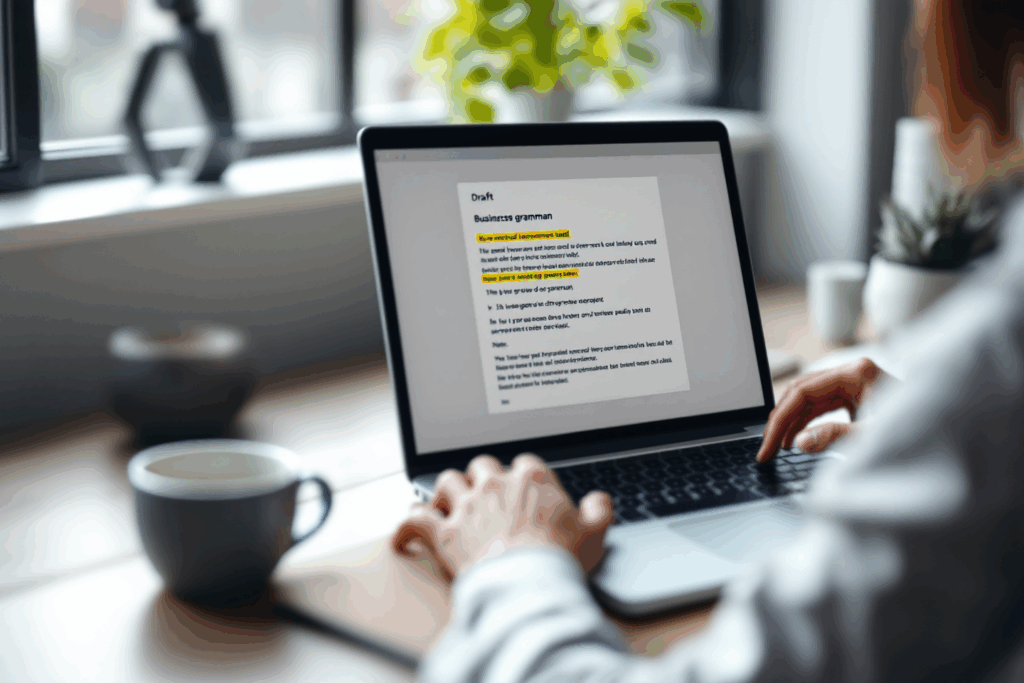
Present Simple Tense 1
English Blogs “Let’s Learn, Explore, and Connect to the World” Present Simple Tense 1 I. Introduction to the Present Simple Tense in English Mastering the



The Present Perfect Simple tense is a unique aspect of English grammar, combining aspects of both the past and present tenses. Its formation and usage are key to expressing a wide range of meanings, from completed actions to ongoing effects.
This tense is formed using the auxiliary verbs ‘has’ or ‘have’ combined with the past participle of the main verb. The choice between ‘has’ and ‘have’ depends on the subject (singular or plural).
Examples:

I have seen that movie.

She has traveled to Japan.
Understanding the structure involves recognizing the correct form of the auxiliary verb and the past participle of the main verb. Regular verbs form their past participle by adding -ed, while irregular verbs have unique past participles.
Examples:

They have completed the project. (Regular verb)

He has written a book. (Irregular verb)
The Present Perfect Simple tense fills a unique role in English communication. It allows speakers to connect past actions to the present, either by highlighting current relevance or showing the action’s impact on the present.
A key aspect of mastering this tense is distinguishing it from the Past Simple. The Past Simple tense is used for actions completed at a specific time in the past, while the Present Perfect Simple is used for actions that have relevance to the present but do not specify when they occurred.
Examples:

Past Simple: I saw that movie last year.

Present Perfect Simple: I have seen that movie (at an unspecified time).
 The Present Perfect Simple tense is essential for expressing a variety of actions and states in English, particularly those linking the past to the present. Its correct usage reflects not just a grasp of grammar but also an understanding of the nuances of English communication. In the following sections, we will delve into its specific uses, how to form questions and negatives, and practical tips for effective usage.
The Present Perfect Simple tense is essential for expressing a variety of actions and states in English, particularly those linking the past to the present. Its correct usage reflects not just a grasp of grammar but also an understanding of the nuances of English communication. In the following sections, we will delve into its specific uses, how to form questions and negatives, and practical tips for effective usage.

English Blogs “Let’s Learn, Explore, and Connect to the World” Present Simple Tense 1 I. Introduction to the Present Simple Tense in English Mastering the

English Blogs “Let’s Learn, Explore, and Connect to the World” Present Simple Tense 2 II. Understanding the Present Simple Tense Definition and Structure At its

Laugh and learn with ‘Comic Collections’ by Cassia North – a delightful dive into everyday conversations in professional and casual settings, now in a vibrant, humor-filled ebook. Perfect for all ages!



